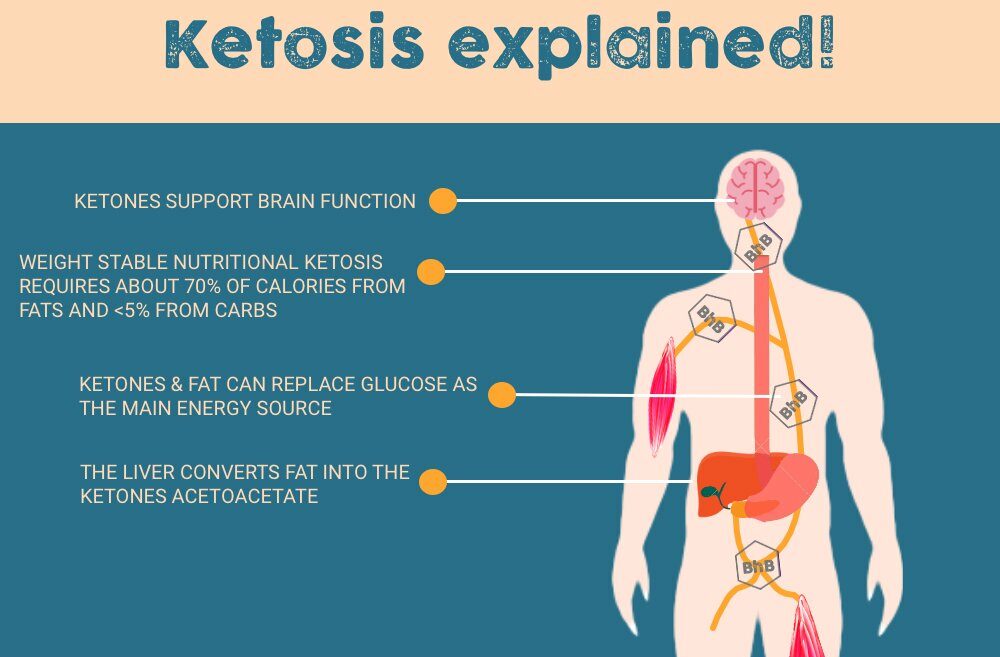Understanding the Basics of Weight Loss and Running
How Does Running Help You Lose Weight?
Running helps you lose weight primarily through increased calorie expenditure. When you run, your body requires more energy, which it obtains from burning fat and carbohydrates stored in your body. The more vigorously you run, the more calories you burn, and if these calories are not replaced by eating, a calorie deficit is created which leads to weight loss.
Caloric Burn and Running
The number of calories burned while running depends on several factors, including weight, speed, duration, and individual metabolism. On average, running burns approximately 100 calories per mile. This can add up significantly, making running one of the most efficient forms of exercise for weight loss.
Planning Your Running Regimen
Setting Realistic Goals
Before you lace up your sneakers, it’s essential to set realistic weight loss and running goals. A safe and sustainable rate of weight loss is 1-2 pounds per week. Setting achievable goals can help keep you motivated and prevent discouragement.
Developing a Running Schedule
Consistency is key when running for weight loss. Plan your running schedule as part of your weekly routine. Most experts recommend starting with 3-4 days of running per week, gradually increasing frequency and duration as your fitness improves.
Variety in Your Running Routine
To maximize weight loss and prevent boredom:
- Mix up your runs: Alternate between long, slow runs and short, high-intensity sessions.
- Incorporate intervals: Running at varying speeds boosts calorie burn and increases fitness more rapidly than steady-state running alone.
- Add hill workouts: These increase intensity, build muscle, and improve metabolic rate.
Supporting Your Running with Nutrition and Lifestyle
Balanced Diet
Eating a balanced diet is crucial when you’re running for weight loss. Focus on:
- Quality carbohydrates: Provides sustained energy for longer runs.
- Lean proteins: Helps repair and build muscle.
- Healthy fats: Essential for overall health and satiety.
- Hydration: Crucial for optimal performance and recovery.
Sleep and Recovery
Adequate sleep and proper recovery are essential components of a successful weight loss plan involving running. They ensure that your body can repair itself and maintain a high level of activity.
Gear and Safety
Choosing the Right Gear
Investing in a good pair of running shoes is essential to prevent injuries. Clothes should be comfortable and suitable for the weather conditions you’ll be running in.
Safety Considerations
Run in safe, well-lit areas, be aware of traffic, and if running alone, let someone know your route and expected return time.
Overcoming Challenges
Dealing with Plateaus
Weight loss plateaus are common. To overcome them, try increasing the intensity or duration of your runs, cross-training, or reassessing your diet.
Staying Motivated
Keep your motivation high by setting small, frequent goals, tracking your progress, and rewarding your successes.
Listening to Your Body
Always listen to your body’s signals. If you feel pain or exhaustion, allow yourself time to rest and recover. Overtraining can lead to injuries and setbacks.
FAQs on Running for Weight Loss
How often should I run to lose weight?
Start with 3-4 days per week and adjust based on your progress and fitness level.
What is the best time of day to run?
The best time is the one that fits your schedule and feels best for you. Consistency is more important than the time of day.
Can running help reduce belly fat?
Running can help reduce overall body fat, including belly fat. However, spot reduction is not possible; fat loss from specific areas depends on genetics and overall body fat reduction.
Should I eat before I run?
It depends on your body. Some people feel best running on an empty stomach, while others need a small snack. If you choose to eat, focus on a light snack rich in carbohydrates about 30-60 minutes before running.
How can I avoid injuries while running for weight loss?
Start slowly, increase your mileage gradually, and invest in good running shoes. Consider cross-training to improve overall fitness and reduce stress on your running muscles.
Is it okay to run every day for weight loss?
For most people, running every day is not necessary and can increase the risk of injury. Rest days are important for recovery and performance.
How long should I run to see weight loss results?
This varies by individual, but most people see some results within a few weeks of consistent running. The key is consistency and combining running with a healthy diet.
Running is a powerful tool for weight loss and has the added benefits of improving cardiovascular health and mental well-being. By setting realistic goals, following a consistent running schedule, and supporting your running with proper nutrition and recovery, you can use running to effectively lose weight and enhance your overall health.
- The Emotional Complexity Of Ghosting And Its Effect On Personal Growth - May 31, 2025
- What Is The Warning For Radiesse? - May 30, 2025
- Skin Pen Microneedling Near East Molesey, Surrey - May 30, 2025




